Is the sunshine vitamin all we need?
Vitamin D: it’s cheap, easily available, and might help us fend off COVID-19. While it might sound like another COVID-19 treatment tale, studies have shown promising links between COVID-19 patients’ vitamin D levels and survival outcomes. The unassuming ‘sunshine vitamin’ has moved further into the spotlight with Anthony Fauci, MD, director of the National Institute of Allergy and Infectious Diseases (and chief medical advisor to President Joe Biden) recommending vitamin D supplements and claiming he himself takes them. But is it all sunshine and virus-fighting? Let’s take a look at the facts.

Firstly, what is vitamin D?
Vitamin D is a key nutrient our bodies need for overall health. Formed mainly in the skin when we are exposed to sunshine, it helps our bodies absorb calcium and phosphorus and regulates the function of the immune system. Getting enough vitamin D is important for the growth and development of bones and teeth, and in the case of COVID-19, can improve our resistance to diseases.
Vitamin D and COVID-19 – the good
Given the strong link between vitamin D and a healthy immune system, its use in warding off COVID-19 has naturally become a focus. Several studies have looked at the connection between patients’ vitamin D levels and their ability to fight and recover from COVID-19. One significant study in Spain involved 50 patients with COVID-19 who were given a high dose of vitamin D. A further 26 patients were not supplemented. Half of the patients who weren’t given vitamin D were later admitted to intensive care, with two of these dying. In the patients who received vitamin D, only one required ICU admission, and was later released with no further problems. Showing such promise as a treatment option, over 200 scientists and doctors around the world signed an open letter calling for widespread use of vitamin D as a treatment option. So why aren’t we seeing this roll-out as a common treatment?
Vitamin D and COVID-19 – the not so good
To date, research findings have shown mixed results in terms of success. While there have been some strong supporting cases like the study in Spain, an equally convincing study from a hospital in Italy found no association at all between vitamin D and COVID-19 recovery rates. Given the mixed results, research continues with nearly 80 vitamin D-related trials listed on the Clinical Trials website – a database of all privately and publicly-funded clinical studies around the world.
Is there a downside to taking it?
With vitamin D showing some promise in the treatment and prevention of COVID-19, together with its proven ability to regulate the immune system and deliver other health benefits, wouldn’t we be wise to ramp up our vitamin D intake just in case? COVID-19 aside, vitamin D deficiency isn’t good. From bone and back pain to depression and hair loss, it’s important to maintain healthy levels of the sunshine vitamin for general wellbeing.
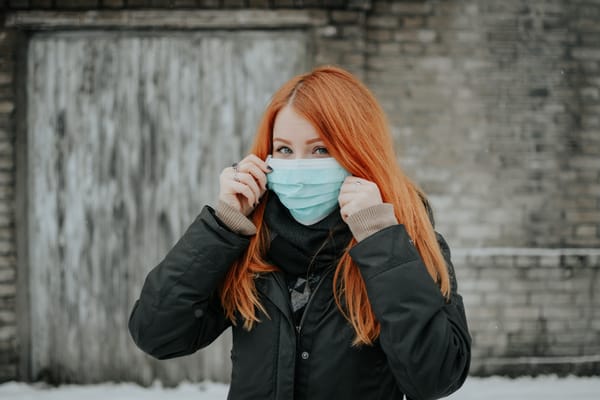
According to a 2011 study, many Americans are vitamin-D deficient. Around 42% of adults are low in the vitamin, and this number climbs to almost 70% in Hispanics and 82% in African Americans. So, while it might not be a magic cure for COVID-19, ramping up your vitamin D intake (if needed) can improve overall health. Current recommended daily intakes are:
- Up to 12 months –10mcg
- Children 1-13 years – 15mcg
- Teens 14-18 years – 15mcg
- Adults 19-70 years – 15mcg
- Adults 71 years and older – 20mcg
Right, I’m convinced. Where can I get it?
Vitamin D is naturally produced by your clever body when it’s directly exposed to sunlight. Aside from bathing in glorious sunshine, many foods either naturally contain vitamin D or are often fortified with it. Here’s where to find it:
- Oily fish like tuna, salmon, and sardines
- Beef liver
- Cheese
- Egg yolks
- Mushrooms
- Fortified foods like cow’s milk, oat, almond, and soy milk, and some cereals
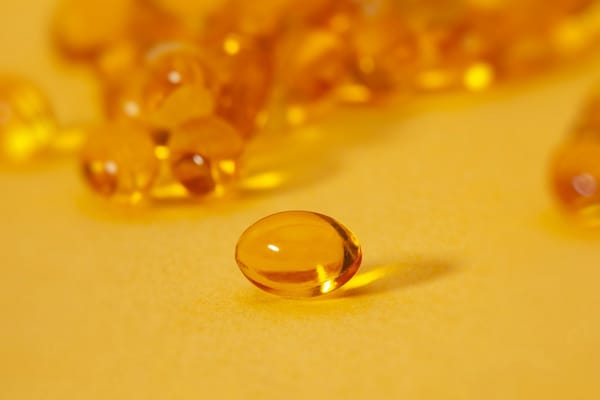
If you have a healthy, varied diet and are not in a higher-risk group for vitamin D deficiency, it’s unlikely you’ll need to take a supplement to get your daily dose. And keep in mind, it’s entirely possible to get too much of a good thing – so self-prescribing isn’t the way to go.
Overall, the jury is still very much out
While the merits of getting enough vitamin D are undeniable, its use to prevent or treat COVID-19 doesn’t yet have any solid scientific backing. According to the National Institute of Health and the World Health Organization, more research is needed to determine what role, if any, vitamin D might play.
In the meantime, if you’re concerned about your vitamin D level, ask your doctor about getting it checked.





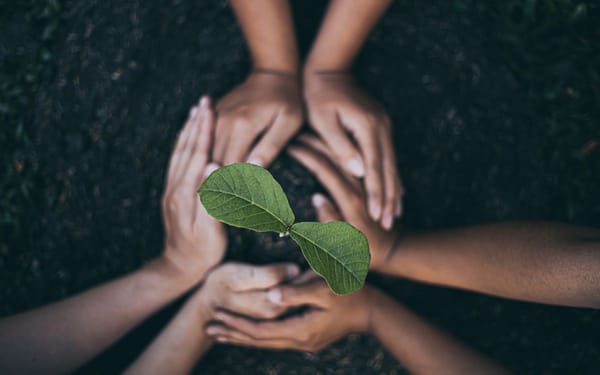
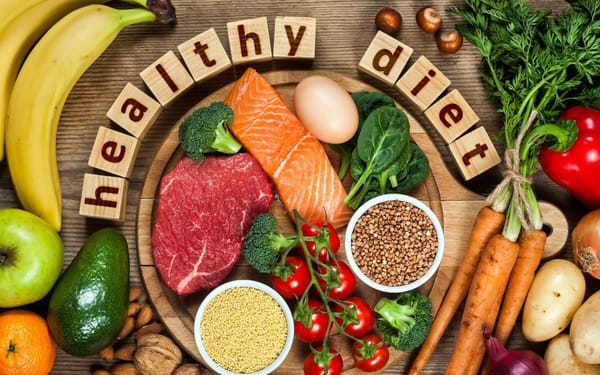


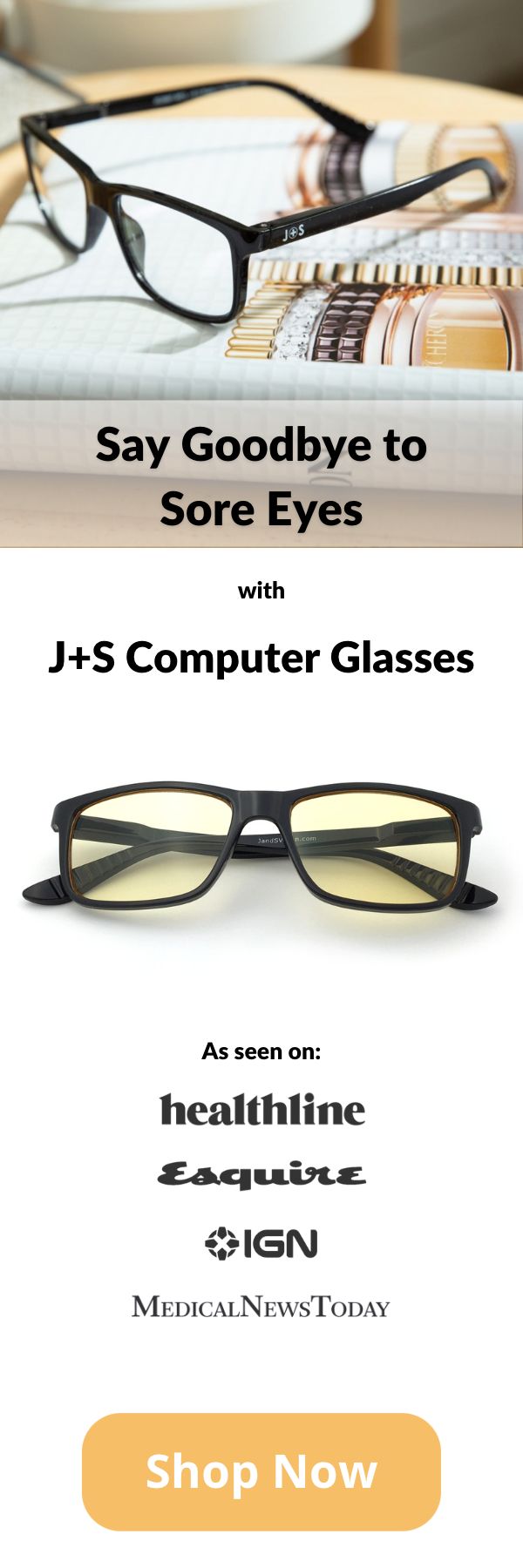
Leave a reply
You must be logged in to post a comment.